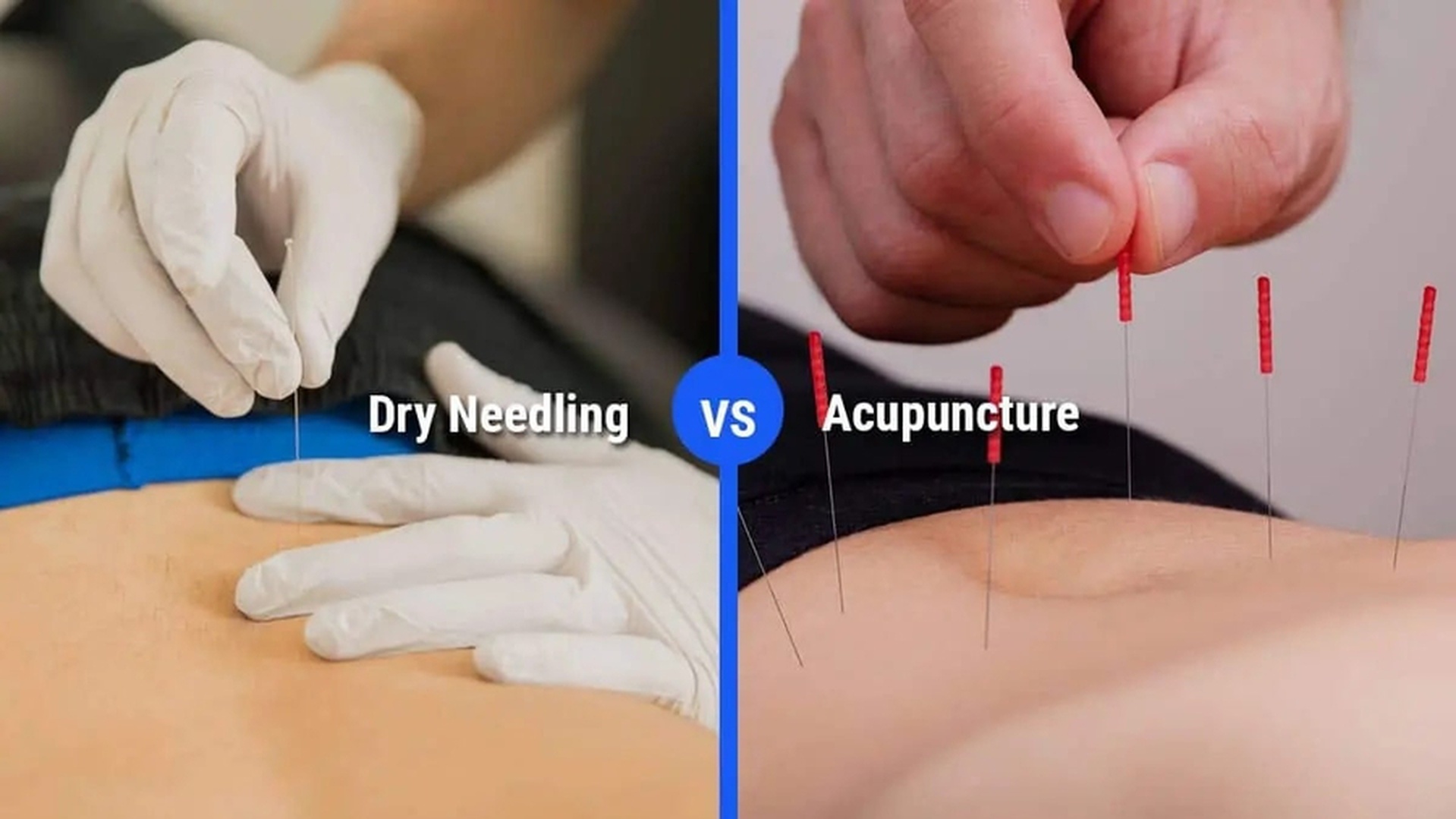
Therapr Team
Suffering an injury—whether from sports, an accident, or repetitive strain—can significantly impact one's quality of life. Traditional rest and medication alone often fall short in ensuring a full recovery. Physiotherapy plays a critical role in bridging the gap between injury and restored function, providing a structured, personalized approach to healing.
Physiotherapy is not just about treating symptoms; it's about addressing the root cause of the problem, promoting tissue regeneration, enhancing mobility, and building resilience against re-injury. Understanding how physiotherapy supports recovery can empower patients to take an active role in their healing journey.
Physiotherapy (also known as physical therapy) is a healthcare profession focused on assessing, diagnosing, treating, and preventing physical impairments, disabilities, and pain. It combines science-based techniques such as:
Physiotherapists work closely with patients to develop individualized treatment plans based on their specific injury, goals, and lifestyle.
Throughout each stage, physiotherapists adjust the treatment plan based on progress and response to therapy.
Accelerates Healing: Targeted interventions enhance blood flow, tissue repair, and mobility.
Reduces Pain: Manual therapy and specific exercises help decrease muscle tightness and joint stiffness.
Restores Mobility and Strength: Carefully designed programs rebuild lost muscle strength and joint flexibility.
Prevents Chronic Issues: Addressing improper movement patterns reduces the risk of developing long-term problems.
Educates for Self-Management: Patients learn exercises and strategies to maintain health beyond formal treatment.
Physiotherapy can be adapted for individuals of all ages and physical conditions.
Stretching and Flexibility Training: Helps maintain or increase the range of motion in joints.
Strengthening Exercises: Targets specific muscle groups to restore normal movement and prevent compensations.
Functional Training: Simulates real-life activities to ensure patients regain independence.
Posture Correction and Ergonomic Advice: Reduces strain on the body during everyday tasks.
Pain Management Modalities: Includes techniques like TENS (transcutaneous electrical nerve stimulation), heat therapy, and taping.
Physiotherapy is a powerful ally in the journey toward injury recovery, offering a structured, personalized, and holistic approach. By addressing not only symptoms but also underlying causes, physiotherapy accelerates healing, restores physical function, and empowers individuals to regain their independence and confidence. Whether you're an athlete, a worker, or someone recovering from surgery, incorporating physiotherapy into your rehabilitation plan can be the key to a full and lasting recovery.
Author profile
Read more articles by Therapr Team.



Get the latest wellness insights delivered to your inbox.
Subscribe to Newsletter